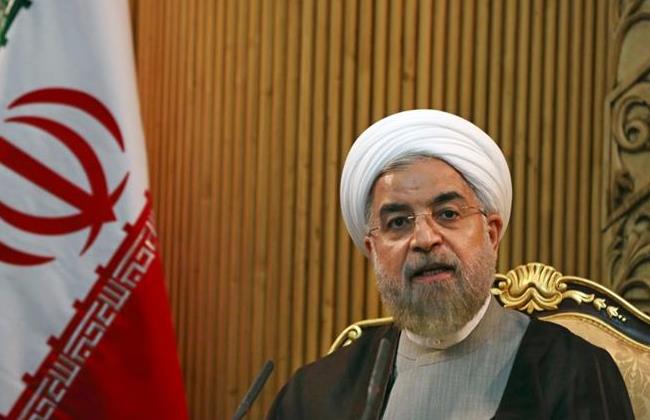Iran’s economy needs a speedy nuclear deal
Monday, 12 January 2015
Camelia Entekhabi-Fard /Al Arabiya
Iran is set to resume nuclear talks on January 14, with a bilateral meeting between Foreign Minister Mohammad Javad Zarif and the U.S. Secretary of the State John Kerry in Geneva. Kerry and Zarif will outline guidelines to the their negotiating teams who will be taking the reins between January 15-17, followed by a meeting between the P5+1 (the five permanent members of the U.N. Security Council plus Germany) on January 18.
Having not been successful in striking the comprehensive nuclear deal, Iran and the Western powers agreed to extend the talks on November 23 in Vienna for another 7 months until July 2015. “We have seen many hardliners move towards being in favor of finalizing a deal, which shows a level of pragmatism”Negotiators have said that Iran and the P5+1 aim to reach a political agreement by March and the seven months extension can give them enough time to finalize the technical aspects of the deal.
Iran’s enrichment capacity
Ali Akbar Salehei, head of the IAEO, mentioned that the debate is over Iran’s enrichment capacity and its annual production. “When the P5+1 raised concerns about the Arak heavy water reactor in Central Iran, the country announced its readiness to redesign the reactor to decrease the annual plutonium production at the facility from 10 kg to 1kg. In other areas of nuclear work like enrichment too Iran has removed the powers.” Fars News Agency quoted Ali Akbar Salehi as saying. If this is Iran’s scenario for 2015, by then President Rowhani should have hardliners’ support before striking the final agreement. Thus far, there have been two extensions which are not necessarily favorable to Iran. However, it highlights the serious approach that each side is taking.
Finalizing a deal
We have seen many hardliners move towards being in favor of finalizing a deal, which shows a level of pragmatism. But keeping up with the Supreme Leader Ayatollah Ali Khamenei’s body language is another challenge for the negotiating teams. Recently, Ayatollah Khamenei showed some disappointment and mocked the negotiators saying: “I am not against the negotiations. Let them negotiate as long as they want!”
Is there a contradiction in this statement? Or is he simply leaving little room to confront the government in case they don’t succeed in striking a good deal. Perhaps the supreme leader’s disappointment comes from those sanctions which are still in place, some of which were lifted as part of the interim agreement reached in Geneva back in November 2013. Maybe he is worried that the comprehensive deal will just give the upper hand to Western powers by shattering his country’s comprehensive nuclear program while the sanctions remain in place.
Iran’s economy
Certainly the supreme leader is not against the talks as Iran’s economy saw some signs of life in 2014 thanks to the JPOA agreement that Iranian negotiators reached with the P5+1. President Rowhani is touting the economic gains that have taken place under his watch. But true economic recovery will be possible only when a permanent agreement is reached and that is obvious to all parties in Iran from hardliners to reformers and moderates. The Iranian economy will improve, leading to greater opportunities for trade and investment, which will lead to a higher quality of life for all Iranians and political stability if the deal is reached. Inflation in Iran over the last six months has already decreased – a positive indicator of what the economic revival could look like if a deal is reached. For all of the above reasons, it is Iran’s best interest to maintain momentum towards obtaining a final nuclear deal or there is a better deal for them on the table? Also another scenario could be realized if Iran fails to reach the nuclear deal. The 45 percent plunge in the price of crude oil, combined with renewed sanctions will cripple the Iranian economy. This could lead to renewed political tension and instability inside Iran, similar to the protests we saw after the 2009 presidential elections.




















